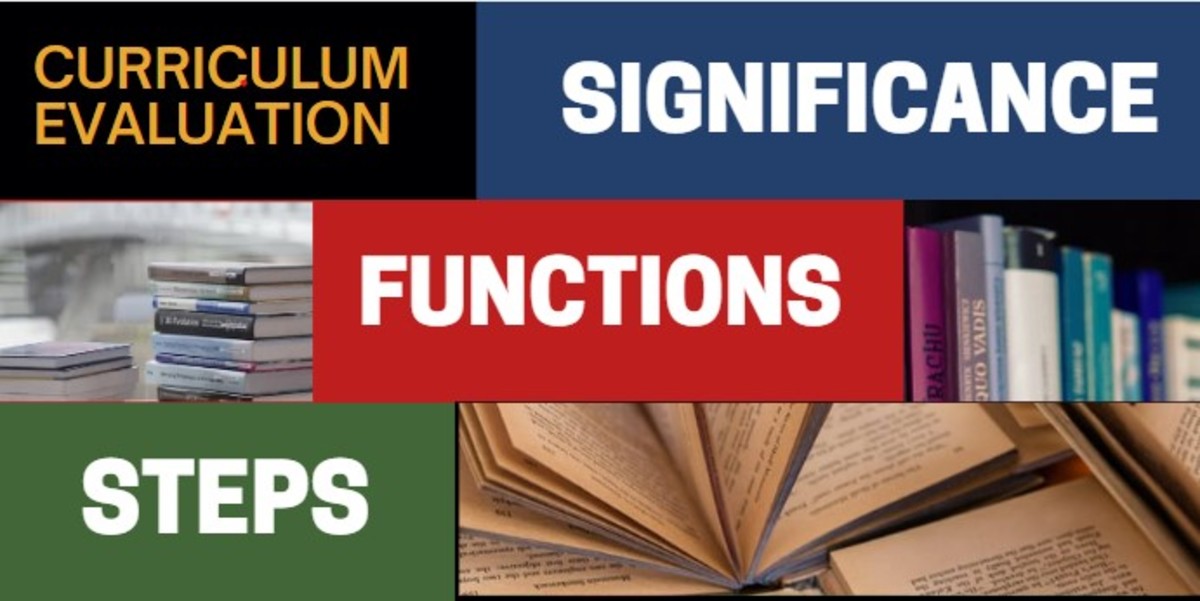Advocating for your Learning Disability in College

Going to college is a challenge for anyone. However, when you’re already struggling with a learning disability, it can pose some very unique problems.
If you were diagnosed early, your parents have been advocating for you throughout your elementary, middle school and high school years. By the time college rolls around, it’s your turn to pick up where they left off. These tips will help you get on your way to doing what you need to for success.
Learning Disability Education
Even before starting the application process, it’s a good idea to learn as you can about your specific learning disability, how you learn and the various state or federal laws protecting you. However, if you have already started applications or accepted to a school, that’s okay too. You can start research any time, but the sooner you start the better.
Be aware that different states and different countries have different laws regarding learning disabilities. In the United States two bills to study up on are IDEA and ADA.
Also, be aware that although all state and public schools must conform to these guidelines, private schools don’t need to. However, many institutions have policies in place about learning disabilities, so don’t be shy to ask about them.
Common Learning Disability Terms
- IEP - Independent Education Plan. When a child is diagnosed as learning disability, this plan is drawn up to help them get the help they need.
- LD - Short for Learning Disability
- SLD - Short for "Specific Learning Disability", which is what dyslexia, dysgraphia and other related disabilities fall into
- Accommodation - Necessary tools to level the educational playing field. These can range from extra testing time in a quiet room to readers or recorded reading material. It depends on the disability itself.
- Neurotypical - The term for people without learning disabilities
- Neurodiverse - The term for the wide array of different types of neurology relating to learning disabilities
Educational System – Make it Work for You
Don’t wait until after registration to let the school know about your learning disability. The sooner they know, the sooner you’ll be able to find out what you need to do in order to get necessary accommodation.
When you let the school know right away that you need extra help, they’ll be able to set you up with an appointment with the learning disabilities advisor. Before this appointment, it’s important to do a few things before-hand.
- Write out a list of questions for the advisor to bring with you.
- Ask the advisor if it’s okay to record their responses either by writing or by voice recorder.
- Dedicate a three ring binder to your education.
- Make sure to have all of the necessary paperwork for the initial meeting, like your IEP, diagnosis documentation and school records.
- Get the school’s policy on learning disabilities in writing and keep that with your records.
Once you’ve finished your interview, and you’re ready to start classes, let your professors know on the first day about the compensations you need.
Unfortunately, some teachers will give you a hard time, but they’re required under law and school policy to allow you the accommodations.
Learning Disability Support Groups
Connect with other people who have the same learning disability is you do. You can do this through the Internet, existing groups within your college or you can form your own group. This provides you with a safe place to discuss your unique situations in a safe environment. You will also be able to help one another with problems many people with disabilities face.
Struggling with any type of learning disability can be a very lonely fight, but when there are others with similar challenges, the moral support offered is of great value.
Independent Education Resources
There are more resources available than many students would think of.
Parents and Siblings
One of the most important resources is your parents. Since they advocated for you for so many years, they will be able to give you advice on how to do so for yourself. Because many learning disabilities, like dyslexia, run in families, older siblings may be able to help you out, too.
A Demonstration of a Speech-to-Text Program
Technology
New technologies are constantly being developed to help all sorts of learning disabilities. There are a wide variety of speech to text programs out there that can help you out immensely. In fact, I used one to get this article written before going back for edits.
There are also apps available for smart phones and tablets which are designed to help with speech, organizational problems and quite a few other learning related issues.
The Internet
There are also some great web pages out there with more information on the various resources for people who learn differently. One of the best I’ve come across that is geared towards multiple disabilities is the Learning Disabilities Association of America. Almost all disabilities have organizations dedicated to them exclusively as well.
Claim Your Power
Keep in mind that you are the only one who can dictate how your life goes. Although you can’t control a lot of the circumstances thrust upon you, you can control how you react to them.
Laws
There are already laws on the books designed to ensure equal treatment for people with learning disabilities and stating that schools must fairly accommodate them. The key word in that sentence is “fairly”.
It’s up to different states and schools to determine what fairly means. That’s why you need to educate yourself about the various school and state laws. As I stated above, the two main federal acts to study up on are IDEA and ADA.
You should also keep a close eye on the various changes in law. Most recently, Asperger's has been eliminated and grouped under the broad category of "Autism Spectrum Disorder" in the DSM–5, which is the document recognized by psychiatrists in the diagnosis of emotional, mental and learning disorders.
For some people, this makes getting accommodations harder and increases the likelihood of misdiagnosis, but for others, this new categorization can help them get the help they need.
This is why you need to hold your elected representatives accountable for making the choices that are in your and the country’s best interests. Voting is, of course, one of the best ways to make sure your voice is heard, but elections shouldn’t be the only time that you take action. Look up grassroots organizations, write letters and sign petitions.

Stay Strong
Unfortunately, you’ll get static from people who don’t understand what you’re going through. Some of them will outright tell you that you can’t do certain things, like learn a new language or excel in science, because of your disability. Remember, they are not the people who know exactly what you can do.
Others won’t believe that you have a disability, or don’t believe they even exist.
What it comes down to is that you simply learn and think differently than the majority. It’s no one’s fault, and it’s not a bad thing. Since the teaching tools most often used aren’t designed for your way of interpreting the world around you, it’s a struggle to use them.
It’s important to keep that in mind. Simply because you think differently than the majority doesn’t mean that there’s anything wrong with you. The struggle is what makes you stronger and what gives you the ability to come up with solutions to problems that seem at first unsolvable.
College can be a wonderful place to grow and develop as an individual, but it’s also by its very nature a stressful time of life. The better prepared for it you are; the more likely you are to succeed in it.
Never be afraid to research more options, experiment with various studying methods and ways to organize your life. What works for one person may not work for others, but the above advice about navigating the system is helpful for anyone pursuing a college career.






